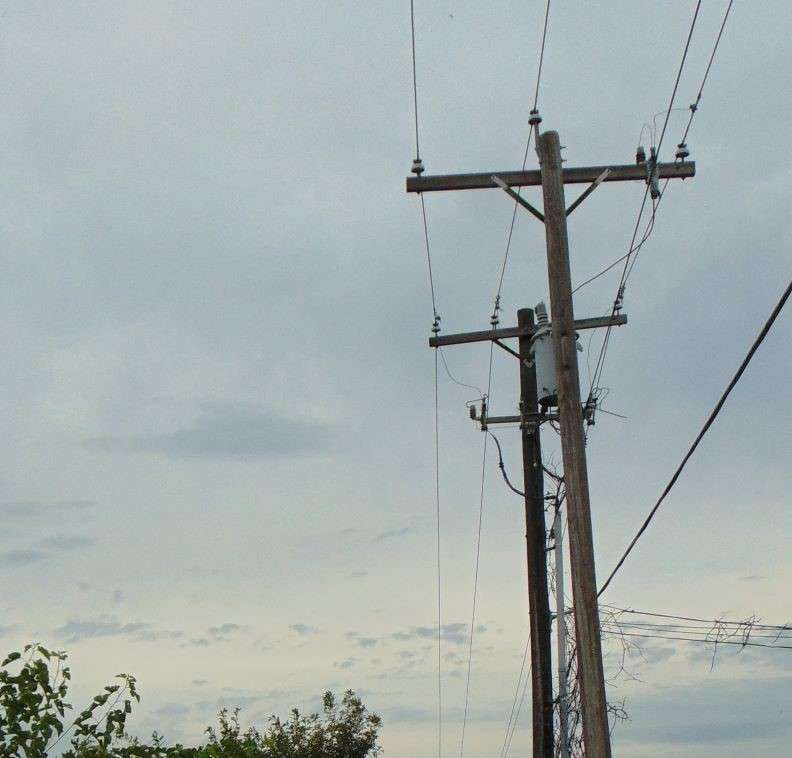
By BRENT MARTIN
St. Joseph Post
It’s not Grain Belt Express, but it’s close enough to catch the attention of Missouri lawmakers working on regulations for a new power transmission line running through northern Missouri.
State Senator Rusty Black of Chillicothe is working to regulate transmission projects by the Midcontinent Independent System Operator, known as MISO.
“Primarily the people working on it are these out of state groups,” Black tells KFEQ/St. Joseph Post. “They get these big projects, you know, and they come through, build power lines and they’re gone.”
Black calls the project Grain Belt Express II.
“That’s somewhat of a stretch in the fact that MISO, it’s part of the national grid, it’s going to happen. It’s going to be built,” Black says. “You can’t stop.”
Black wants two regulations primarily. He wants to place MISO under the authority of the Missouri Public Service Commission, but maybe even more importantly, Black wants to require MISO to put up its transmission lines in established rights-of-way alongside existing transmission lines. Black says such co-locating of lines would have the least impact on northwest Missouri farmland.
MISO proposes running its transmission lines from Iowa into Worth, Gentry, and Dekalb Counties. It would eventually wind up in Illinois.
Unlike efforts to stop the Grain Belt Express, this effort seeks to regulate.
“I’m not wanting to necessarily stop it, but my bill will make it to where it’s better for our landowners,” Black says. “Instead of using eminent domain to put another stretch of power lines that might be a half mile from another stretch going through this.”
Legislators worked in the aftermath of the unsuccessful campaign to stop the Grain Belt Express to push through regulations. Lawmakers have required such transmission projects pay 150% of market value for the property making up their rights-of-way.
Black says the Grain Belt Express legislation is limited.
“The language that was perfected, passed, and signed by the governor helped primarily on one thing: the amount that somebody was going to get paid for the right-of-way,” Black says. “Does it force co-locate? The answer is no.”
The biggest obstacle Black faces is time. The legislative session in Jefferson City wraps up on Friday, May 12th.








